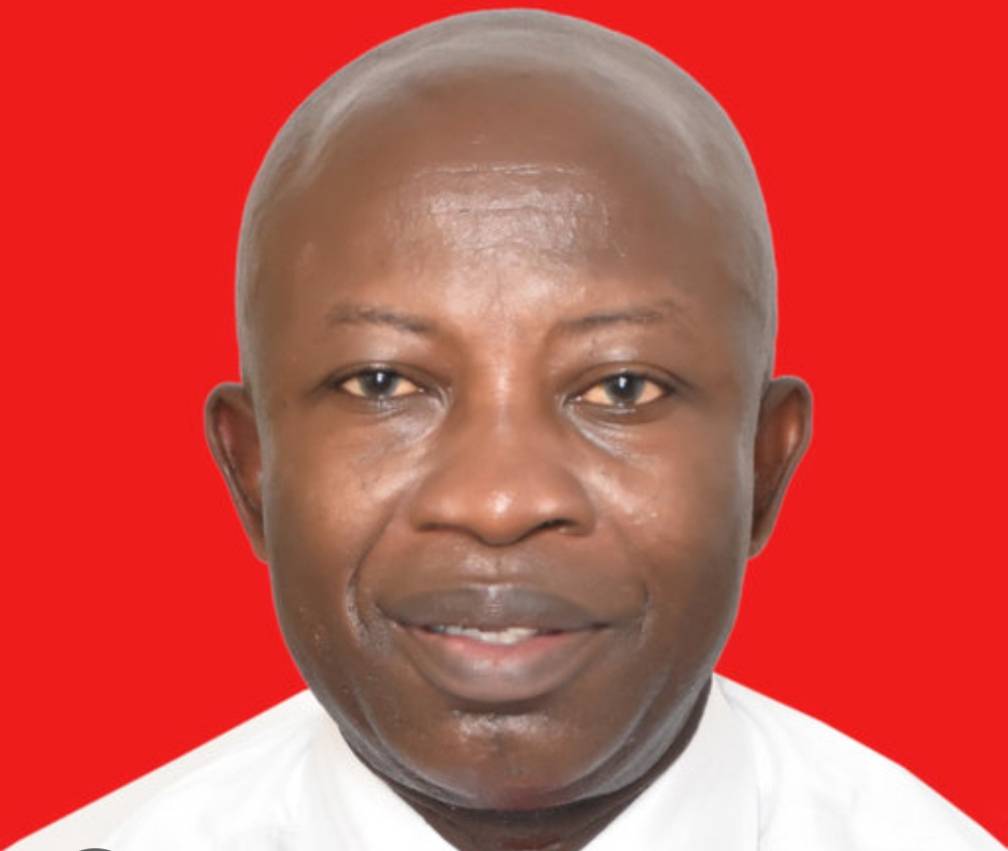NPP’s Concerns in Ashanti Region: Analyst Predicts Potential Shift in Votes
Dr. Kwasi Amakye Boateng, a Political Science Lecturer at Kwame Nkrumah University of Science and Technology (KNUST), has shared some thought-provoking insights about the political climate in Ghana as the 2024 elections approach. He revealed that the New Patriotic Party (NPP) is growing anxious about its standing in the Ashanti Region, a place known as its stronghold. According to him, the party fears that its political rival, the National Democratic Congress (NDC), may gain more votes in the region than ever before.
Speaking during an interview on Adom FM with host Akua Boakyewaa Yiadom, Dr. Boateng explained why the NPP might be losing its grip on the Ashanti Region. He said that although the NPP has completed several projects across the country, it has failed to deliver significant development projects in Kumasi, the region’s capital. He compared this to the efforts of former President John Mahama, who is credited with building the Kumasi Kejetia Market, a project that still stands as a testament to his administration’s commitment to the region.
Dr. Boateng believes the people of the Ashanti Region feel neglected by the NPP despite their loyalty to the party. He pointed out that while Accra now boasts three new interchanges under the current government, Kumasi does not even have one. This disparity, he argued, has left many in the region questioning whether their unwavering support for the NPP has truly paid off.
In response to these concerns, the NPP has recently ramped up efforts to fix roads and start other infrastructure projects in Kumasi. However, Dr. Boateng thinks these actions might be too little, too late. He said the people are beginning to see that the NDC, despite being in opposition, has left behind a visible legacy in the region, particularly with the Kejetia Market.
According to Dr. Boateng, this shift in perception is making the NPP nervous. The party is starting to realize the possibility of losing votes in the region, which could have a significant impact on the outcome of the 2024 elections. The Ashanti Region has always been a critical factor in the NPP’s victories, and any drop in their support there would be a big blow.
He also touched on the campaign strategies of political parties. Dr. Boateng dismissed concerns about small mistakes during campaigns, such as accidentally mentioning an opponent’s name. He said such errors are minor and unlikely to influence voters’ decisions in any meaningful way. What truly matters, he stressed, is whether a party delivers on its promises and improves the lives of its supporters.
One practice that Dr. Boateng strongly criticized was the distribution of money and food items to voters during election campaigns. He said this habit, often used to sway voters, is harmful to the country’s political development. Instead of addressing the real needs of the people, such practices only promote short-term gains and weaken democracy.
Dr. Boateng’s analysis paints a picture of a political landscape in flux. The Ashanti Region, which has been a bastion of support for the NPP for decades, may no longer be as loyal as before. The region’s voters appear to be paying closer attention to which party delivers tangible benefits rather than blindly supporting one side.
As the 2024 elections draw closer, both the NPP and the NDC will likely intensify their efforts to win over the Ashanti Region. For the NPP, the challenge is clear: they need to convince the people that their loyalty will not go unrewarded. For the NDC, the opportunity lies in demonstrating that they can do even more for the region if given the chance to lead again.
The stakes in the Ashanti Region are incredibly high. Its role as a political stronghold for the NPP means that any major shift in voter preference could alter the course of the election. Dr. Boateng’s comments suggest that the NPP has a lot of work to do if it wants to maintain its dominance there. On the other hand, the NDC must capitalize on the current dissatisfaction in the region while continuing to highlight its past achievements.
In the end, the decision lies with the voters of the Ashanti Region. Their choice will not only affect their own future but also have a significant impact on the direction of the entire nation. Whether they stick with the NPP or give the NDC a chance to lead, one thing is certain: the 2024 elections will be one of the most closely watched contests in Ghana’s history.




No comments yet
Be the first to share your thoughts!